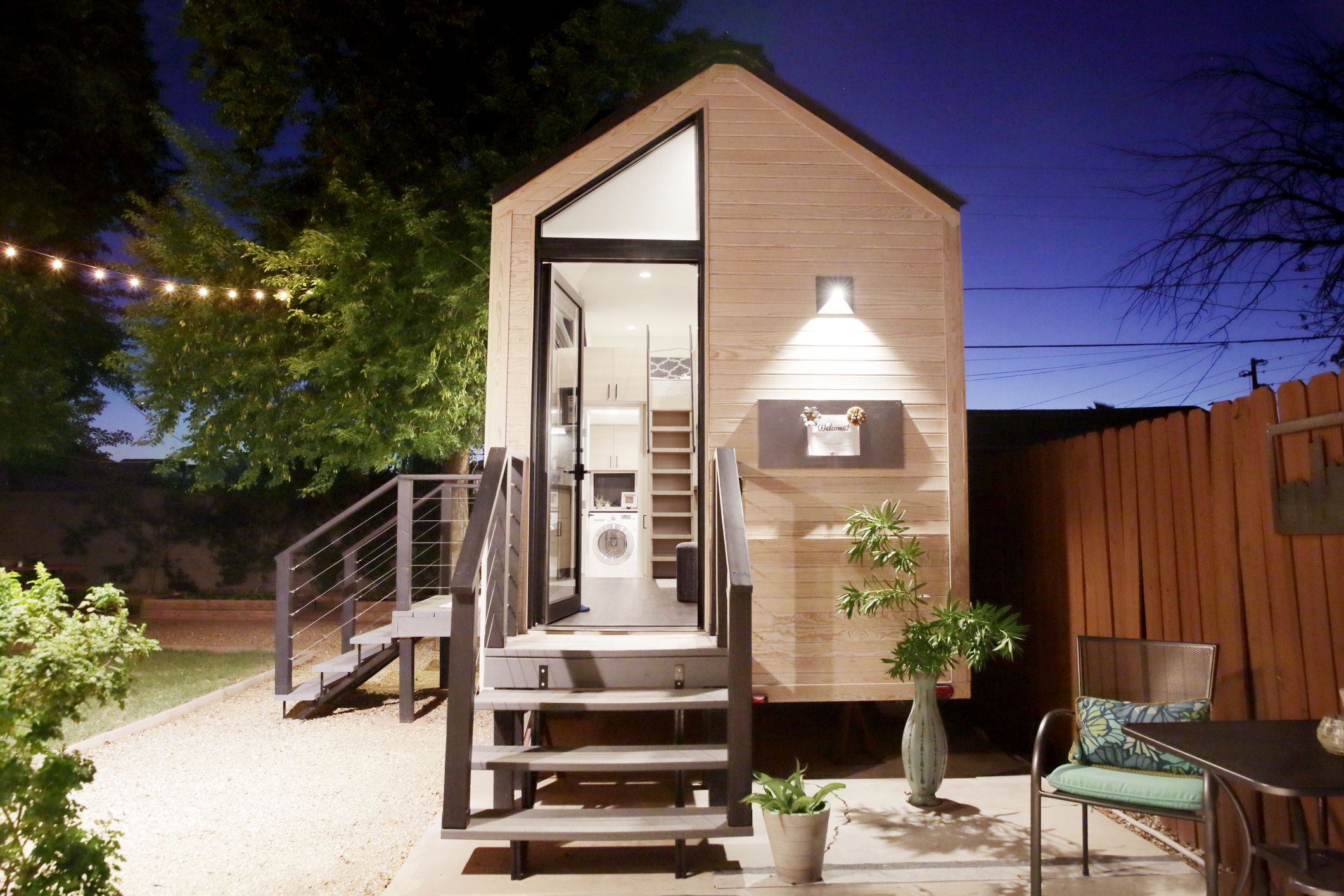
What is the difference between base rent and gross lease?
Base rent describes the minimum amount a renter pays to a property owner for renting residential or commercial property, leaving out any additional expenses. It typically covers the standard use of the area but does not consist of energies, maintenance, or other operational expenditures. Gross rent, on the other hand, includes the overall quantity payable by the occupant, including base rent and additional costs such as residential or commercial property taxes, insurance coverage, and utilities. This all-inclusive figure supplies a clearer picture of the overall rental responsibility. Understanding the difference between these two terms is important for budgeting and financial planning in realty deals.

Definition
Base lease describes the initial amount charged for leasing a residential or commercial property, leaving out any extra expenses such as energies, residential or commercial property taxes, or maintenance fees. In contrast, gross rent encompasses the overall rental quantity that covers both base rent and all associated expenses, providing a clearer image of the general financial commitment. Understanding this distinction is important for tenants, as gross lease can considerably impact your spending plan compared to just base lease. Many business leases make use of gross rent models to streamline tenant responsibilities and streamline cost management.
Base Rent Explanation
Base lease describes the minimum amount a renter spends for inhabiting a residential or commercial property, leaving out additional expenses such as energies, residential or commercial property taxes, and upkeep costs. On the other hand, gross rent incorporates the overall rental quantity that includes base lease together with these extra expenses, providing a clearer picture of your out-of-pocket expenses. Understanding this distinction is important when negotiating leases, as it impacts your general budget plan and capital. If you're leasing business or property space, being mindful of these terms can assist you make informed decisions about your rental arrangements.
)
Gross Rent Explanation
Gross rent includes the total rental amount paid by an occupant, that includes the base lease together with extra expenses such as energies, residential or commercial property taxes, upkeep fees, and other costs. In contrast, base rent refers particularly to the core lease payment that a renter consents to pay for occupying the residential or commercial property, excluding extra charges. Understanding the distinction is essential for renters when budgeting, as gross lease provides the total financial obligation while base lease shows just the main rental cost. By analyzing both parts, you can make educated choices about which rental alternatives best fit your monetary circumstance.
Includes Operating Expense
Operating costs normally encompass different expenses associated with preserving a residential or commercial property, which can affect the total monetary commitments of renters. The distinction between base rent and gross lease shows this element; while base lease is the set quantity for inhabiting an area, gross rent includes extra operating expense like residential or commercial property taxes, insurance, and upkeep fees. You must keep in mind that understanding these distinctions is important for reliable budgeting and monetary planning as a tenant. By acknowledging how operating expenses impact your overall lease, you can make more educated decisions in your leasing arrangements.
Excludes Operating Costs
Excluding operating expense highlights an essential element of lease negotiations, particularly in defining the difference in between base rent and gross lease. Base rent describes the repaired quantity an occupant pays, while gross rent incorporates additional expenditures consisting of running expenses, residential or commercial property taxes, and insurance. By focusing exclusively on base lease, you can assess the core rental worth of the residential or commercial property without the impact of these additional costs. Understanding this difference enables you to make informed decisions concerning your rental arrangements and overall budgeting techniques.
Tenant Expenses

Base rent refers to the standard amount charged for leasing a residential or commercial property, omitting extra expenditures such as energies, upkeep, and residential or commercial property taxes. On the other hand, gross rent consists of all costs related to occupancy, encompassing base lease plus these occupant costs. Understanding this difference is crucial for renters as it straight affects their spending plan for housing or commercial space. By examining both base lease and possible gross lease additions, you can make educated choices about your total rental dedications.
Landlord Responsibilities
Landlords are accountable for plainly specifying the distinction in between base rent and gross lease in the lease arrangement. Base rent refers to the minimum amount charged for the rental area, leaving out extra operating costs, while gross rent includes base rent together with those costs, such as utilities, residential or commercial property taxes, and maintenance costs. It is important for you as an occupant to comprehend these distinctions to accurately spending plan for your overall housing costs. Proper interaction of these terms assists avoid disputes and guarantees transparency between property managers and occupants.
Utility Costs

Base rent refers to the amount paid for renting a residential or commercial property, leaving out any extra expenses, while gross lease incorporates the overall cost, consisting of utilities and other fees. This difference is vital for comprehending your total housing expense; with gross rent, you acquire a clearer view of regular monthly monetary commitments. Utility costs, which might include water, electricity, gas, and sometimes web service, can significantly affect your spending plan, depending upon use and regional rates. To make informed financial decisions, evaluate both base and gross rent, considering energy costs to avoid unexpected expenses.
Maintenance Fees
Maintenance costs mostly reflect the costs related to managing and maintenance a residential or commercial property, which can consist of repair work, landscaping, and utilities. The distinction between base lease and gross rent typically represents added fees or fees that renters might sustain, possibly covering these maintenance expenses. You should examine your lease agreement carefully, as it will information how maintenance fees are determined in relation to the gross lease. Understanding this distinction can help you spending plan more efficiently and prevent unforeseen costs during your tenancy.

Lease Agreements
Base rent refers to the minimum quantity you spend for renting a residential or commercial property, omitting any extra expenses such as utilities, taxes, and upkeep fees. In contrast, gross rent includes the overall rent amount, consisting of these extra expenses, providing a clearer image of your overall housing expense. Understanding the distinction is important when budgeting for your lease, as gross lease may vary substantially from base rent based upon the residential or commercial property's location and facilities. When negotiating your lease agreement, be sure to clarify whether the priced quote quantity is base lease or gross rent to avoid unanticipated costs.







